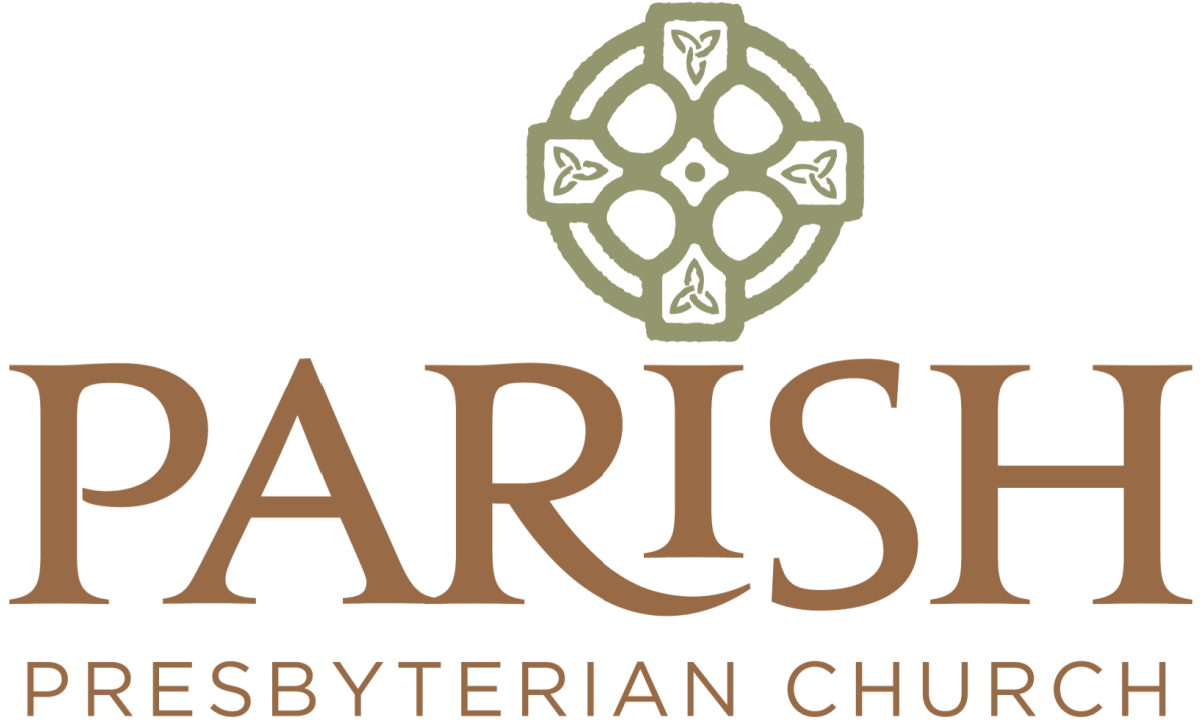2 Corinthians 2:12-17 When I came to Troas to preach the gospel of Christ, even though a door was opened for me in the Lord, 13 my spirit was not at rest because I did not find my brother Titus there. So I took leave of them and went on to Macedonia. 14 But thanks be to God, who…
2 Corinthians 2:1-11 For I made up my mind not to make another painful visit to you. 2 For if I cause you pain, who is there to make me glad but the one whom I have pained? 3 And I wrote as I did, so that when I came I might not suffer pain from those who should have…
2 Corinthians 1:12-24 12 For our boast is this, the testimony of our conscience, that we behaved in the world with simplicity and godly sincerity, not by earthly wisdom but by the grace of God, and supremely so toward you. 13 For we are not writing to you anything other than what you read and understand and I hope…
2 Corinthians 1:8-11 For we do not want you to be unaware, brothers, of the affliction we experienced in Asia. For we were so utterly burdened beyond our strength that we despaired of life itself. 9 Indeed, we felt that we had received the sentence of death. But that was to make us rely not on ourselves but on…
2 Corinthians 1:3-7 Blessed be the God and Father of our Lord Jesus Christ, the Father of mercies and God of all comfort, 4 who comforts us in all our affliction, so that we may be able to comfort those who are in any affliction, with the comfort with which we ourselves are comforted by God. 5 For as we share abundantly in…
2 Corinthians 1:1-2 Paul, an apostle of Christ Jesus by the will of God, and Timothy our brother, to the church of God that is at Corinth, with all the saints who are in the whole of Achaia: 2 Grace to you and peace from God our Father and the Lord Jesus Christ. Key Words: Apostle, Will, Brother, Church, Saints,…
Matthew 2:19-23 But when Herod died, behold, an angel of the Lord appeared in a dream to Joseph in Egypt,20 saying, “Rise, take the Child and His mother and go to the land of Israel, for those who sought the child’s life are dead.” 21 And he rose and took the Child and His mother and went to the land…
Matthew 2:13-18 Matthew 2:13-18 13 Now when they had departed, behold, an angel of the Lord appeared to Joseph in a dream and said, “Rise, take the Child and His mother, and flee to Egypt, and remain there until I tell you, for Herod is about to search for the Child, to destroy Him.” 14 And he rose and…

